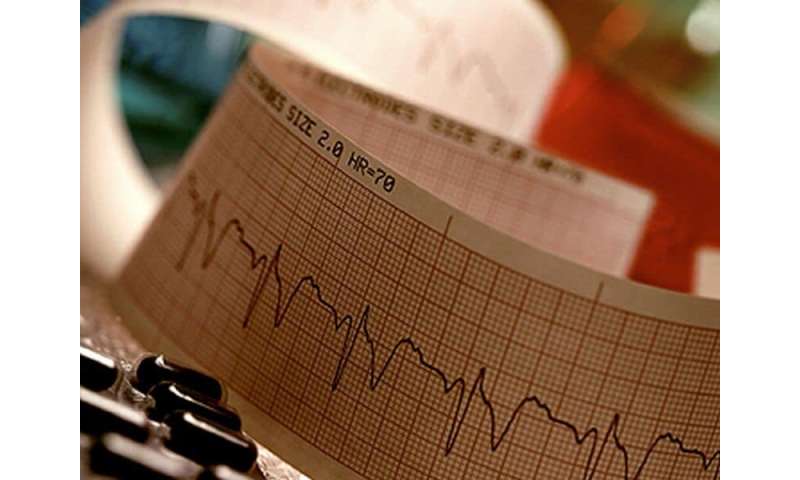
(HealthDay)—Altered heart rate variability (HRV) may be related to risk for incident diabetes in young Asian adults, according to a study published online April 16 in Diabetes Care.
Da Young Lee, from Sungkyunkwan University in Seoul, South Korea, and colleagues assessed whether altered HRV could predict the risk for diabetes among 54,075 adults without diabetes who underwent three-minute HRV measurement during health checkups between 2011 and 2014 with follow-up through 2017.
The researchers found that during follow-up, 1,369 individuals were diagnosed with diabetes. In the group with diabetes, both time and frequency domain variables were lower, with the exception of those with normalized low-frequency (LF) power and the LF-to-high frequency (HF) ratio. As the standard deviation of the normal-to-normal interval, root mean square differences of successive normal-to-normal interval, and normalized HF tertiles increased, the risk for diabetes decreased (hazard ratios [HRs] of tertile 3: 0.81, 0.76, and 0.78, respectively), whereas the risk for diabetes increased in the case of heart rate, normalized LF, and LF/HF ratios (HRs of tertile 3: 1.41, 1.32, and 1.31, respectively) when adjusting for age, sex, body mass index, smoking, drinking, systolic blood pressure, lipid level, C-reactive protein, and homeostatic model assessment of insulin resistance.
Source: Read Full Article
